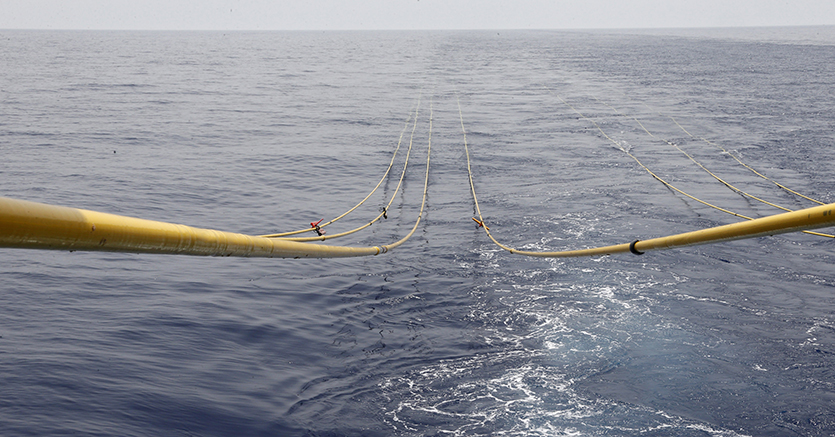How to secure submarine cables?

Undersea Internet cables are some of the most important infrastructure in the world. What would happen if someone severed these threads? James Hansen's diplomatic note
In September last year someone—some country, no one knows which—sabotaged the Nord Stream gas pipelines which, across the Baltic Sea, were supposed to transport gas from Russia to Western Europe. They were not yet fully functional and the damage was absorbed without serious consequences. However, the episode highlighted a potentially much greater risk: the vulnerability of the large network of over 400 submarine cables that connect the world 'electronically'.
SUBMARINE CABLES “TRANSPORT” THE INTERNET
The first transatlantic cable was laid—between Canada and Ireland—in 1858. It worked for a month before breaking down. The work was finally completed in 1866 by the Anglo-American Telegraph Co. Telephone communication between the two continents only arrived after the war, in 1950.
Since then, thanks to technological development, we can communicate with the entire world at such a negligible cost that we can spend entire hours online reading nonsense without thinking for a moment. It is estimated that submarine cables carry between 95% and 98% of international Internet traffic, whose almost insignificant costs are now the basis of commodity trade and finance across the globe. But what happens if someone 'cuts the strings'?
THE RISK OF RUSSIA
If you ask the question, the 'strategic eyes' would point towards Russia. In part it is because the risk is highly unbalanced—Russia communicates little with the rest of the world, while communication is basic for Western economies—and then, because it is known—NATO confirms—that that country's submarines are 'mapping ' the network of the most important transoceanic cables.
Once upon a time, the military risk posed by submarines was that they might sink warships and merchant ships. Today, however, the danger is that entire economies could sink in a fast and largely 'invisible' war on the surface.
In time, we can get out of this. There is also a satellite communications network, but it is not yet so robust as to be able to replace—except marginally—the terrestrial one. Nowadays, the West is very vulnerable.
WHAT THE EUROPEAN UNION HAS DONE
The danger is so evident that even the European Union has noticed it, commissioning a 'technical report' on the topic. The main recommendation of the scholars in charge is that the 'awareness' of the danger of the member states should be increased, in order to then proceed with the relevant 'national assessments'. I mean, 'Dunno?'
The truth, however, is that it's not just Brussels that isn't sure what to do—except perhaps threaten to 'do worse' to Putin if he even tries… But what if it's not the Russians? If you don't even know who built that brothel in the Baltic? You have to think long and hard before pulling that 'trigger'.
This is a machine translation from Italian language of a post published on Start Magazine at the URL https://www.startmag.it/innovazione/sicurezza-cavi-sottomarini/ on Sat, 07 Oct 2023 05:58:58 +0000.
